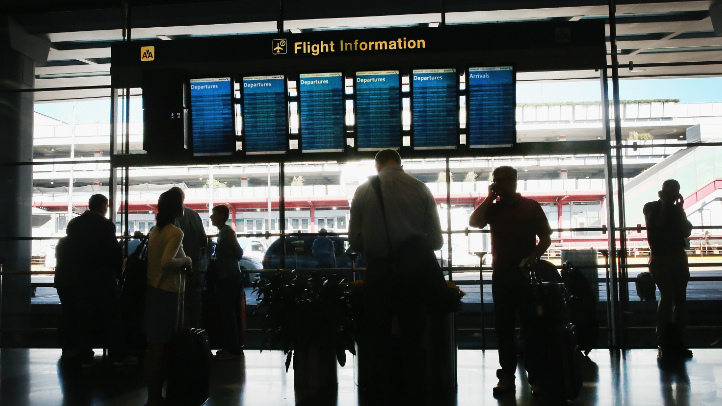As part of a national conversation about inequality and the potential for raising the minimum wage, it’s become something of a trend for politicians of all stripes to try living on poverty wages for a while.
In February, a group of Minnesota lawmakers tried to live on a minimum wage budget for a week.
In February, a group of Minnesota lawmakers tried to live on a minimum wage budget for a week.
In July, three Democratic politicians—Reps. Tim Ryan of Ohio, Jan Schakowsky of Illinois and former Ohio Gov. Ted Strickland—restricted themselves to $77 for food, transportation and day-to-day expenses for an entire week.
New York Mayor Bill de Blasio, U.S. Senator Cory Booker, Broward County Commissioner Martin Kiar and State Senator Dwight Bullard of Florida and others have tried to live on some form of the minimum wage in an effort to highlight the challenges America’s poor face without an increase in wages.
And now, here comes Illinois governor Pat Quinn. On Sunday, he announced he would limit his spending on food and other expenses for the next week to $79—how much someone working full time for minimum wage in this state has to spend after housing, transportation and taxes.
That’s a nice gesture on Gov. Quinn’s part. Too bad it's not enough.
Local
There’s little doubt that for someone making minimum wage—whether it’s the national minimum of $7.25 an hour or Illinois’ minimum of $8.25—living on less than a hundred dollars or so a week is near impossible.
It’s a lesson former Gov. Ted Strickland and others learned the hard way when they tried to place themselves in the shoes of America’s poorest citizens.
For Strickland, his budget of $77 ran out before the week was through. Rep Ryan had to make a dinner one night out of “a couple cans of sardines and a bag of crackers from a convenience store.” Cory Booker’s attempt to live on the equivalent of food stamps meant he had $4.32 a day to pay for all of his meals and beverages.
Anyone who spends even a minute thinking about what it means to live on $15,080 for a year of working full-time at minimum wage understands it’s basically impossible, whether they want to admit it to themselves or not.
So Quinn’s attempt at consciousness-raising, much like the efforts of other politicians, is unlikely to enlighten anyone not already committed to keeping the minimum wage at a level no one can live on.
Worse, the move runs the risk of distorting or obscuring the reality faced every day by those who work for the lowest legal wage possible. That’s because no matter how difficult Pat Quinn’s week may be when he tries to live on a few dollars a day, in the end, it’s likely he’ll suffer absolutely no long-term negative effects from his week-long experiment.
That’s certainly not true for someone who actually lives on the minimum wage. In fact, living in poverty is often nothing more than one long struggle to avoid homelessness, unemployment, hunger, malnutrition, health crises, poor academic outcomes, mental health challenges and more.
It’s no secret Quinn has made raising the minimum wage in Illinois a centerpiece of his tough re-election campaign against Republican Bruce Rauner. And, despite the ongoing political controversy, raising the minimum wage happens to poll surprisingly well among a wide range of voters.
Yet, fixing poverty in Illinois or across the country takes a lot more than simply forgoing eating out or taking taxis for a week. It takes a sustained, committed effort that combines smart public policy, a fair distribution of resources, effective social services that help those in need and the commitment of citizens, neighborhoods, politicians, business and the like to ensure those in danger of falling through the cracks get the help the need to succeed.
By dipping in his toe to see how the other half lives, politicians like Quinn are in danger of practicing a political version of “slum tourism”: experiencing poverty from the position of knowing that no matter what happens during your visit, you’ll be okay in the end.
Quinn’s move may end up generating a lot of positive headlines, and maybe even a boost for his political campaign.
But it’s no way to make a real difference in the life of even one person suffering the hardships of living on minimum wage.
That takes vision and commitment and hard work. Not gimmicks.



